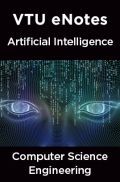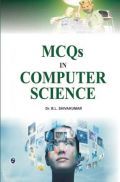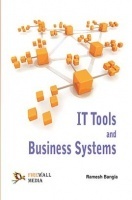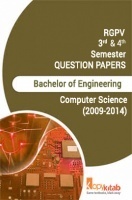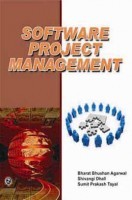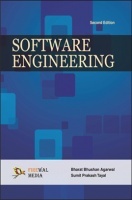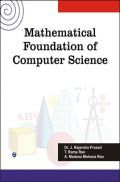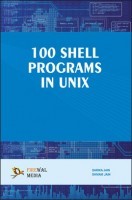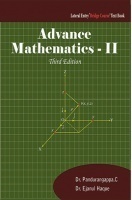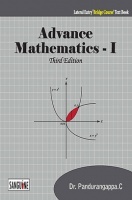About The Book Object-Oriented Programming Using C++
Book Summary:
This compact book presents a clear and thorough introduction to the object-oriented paradigm using the C++ language. It introduces the readers to various C++ features that support object-oriented programming (OOP) concepts. In an easy-to-comprehend format, the text teaches how to start and compile a C++ program and discusses the use of C++ in OOP. The book covers the full range of object-oriented topics, from the fundamental features through classes, inheritance, polymorphism, template, exception handling and standard template library.
KEY FEATURES
Includes several pictorial descriptions of the concepts to facilitate better understanding.
Offers numerous class-tested programs and examples to show the practical application of theory.
Provides a summary at the end of each chapter to help students in revising all key facts.
The book is designed for use as a text by undergraduate students of engineering, undergraduate and postgraduate students of computer applications, and postgraduate students of management.
Table of Contents:
CONTENTS: Preface. 1. Object-Oriented Design. 2. How to Start C++ Program. 3. Data Types, Expressions and Control Structures. 4. Functions. 5. Classes and Abstraction. 6. Constructors and Destructors. 7. Operator Overloading and User-Defined Conversions. 8. Inheritance. 9. Virtual Function and Polymorphism. 10. Standard Input/Output Operations. 11. File Input/Output. 12. Template. 13. Exception Handling. 14. Standard Template Library. Bibliography. Index.







